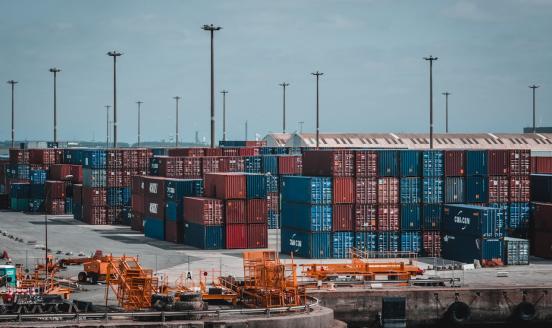Globalisation and automation as sources of labour-market competition, and support for European Union unemployment insurance

Executive summary
Societies and economies are experiencing deep and intertwined structural changes that may unsettle the perceptions European citizens have of their economic and employment security. Such labour-market perceptions are likely in turn to alter people’s political positions. For instance, those worried by labour-market competition may prefer greater social protection to compensate for the accrued risk, or might prefer more closed economies where external borders provide protection (or the illusion of protection). We test these expectations with a conjoint experiment in 13 European countries on European-level social policy, studying how citizens’ demands align with parties’ political supply. Results broadly corroborate our expectations on the moderating effects of different types of concerns about perceived sources of labour-market competition on the features of preferred European-level social policy.



